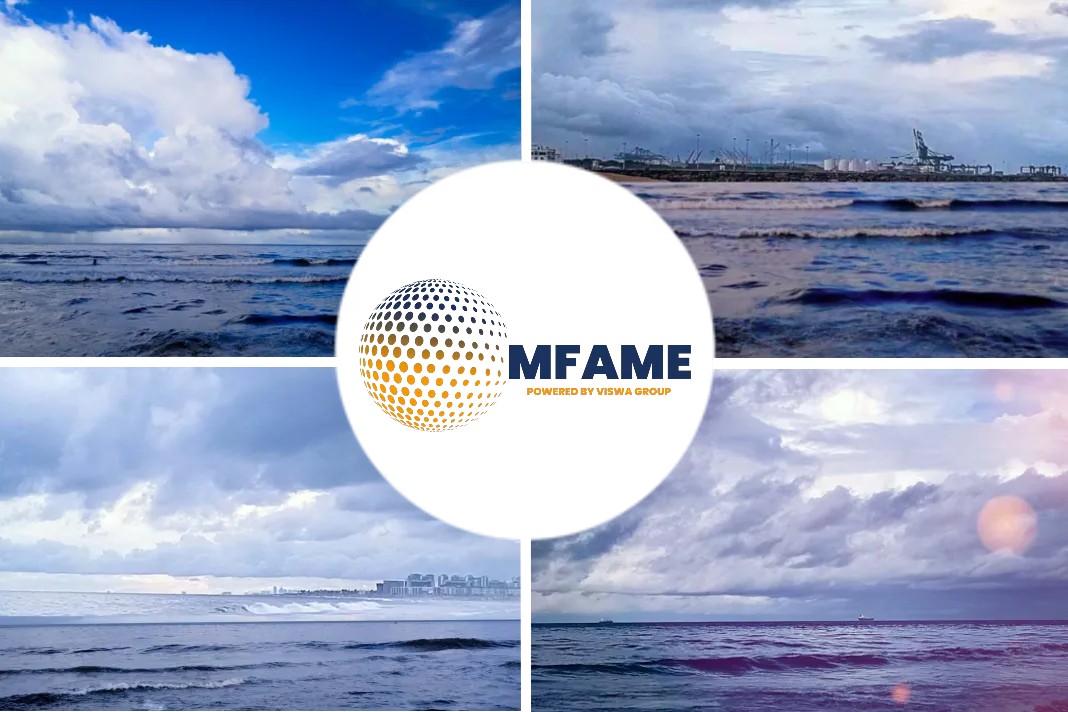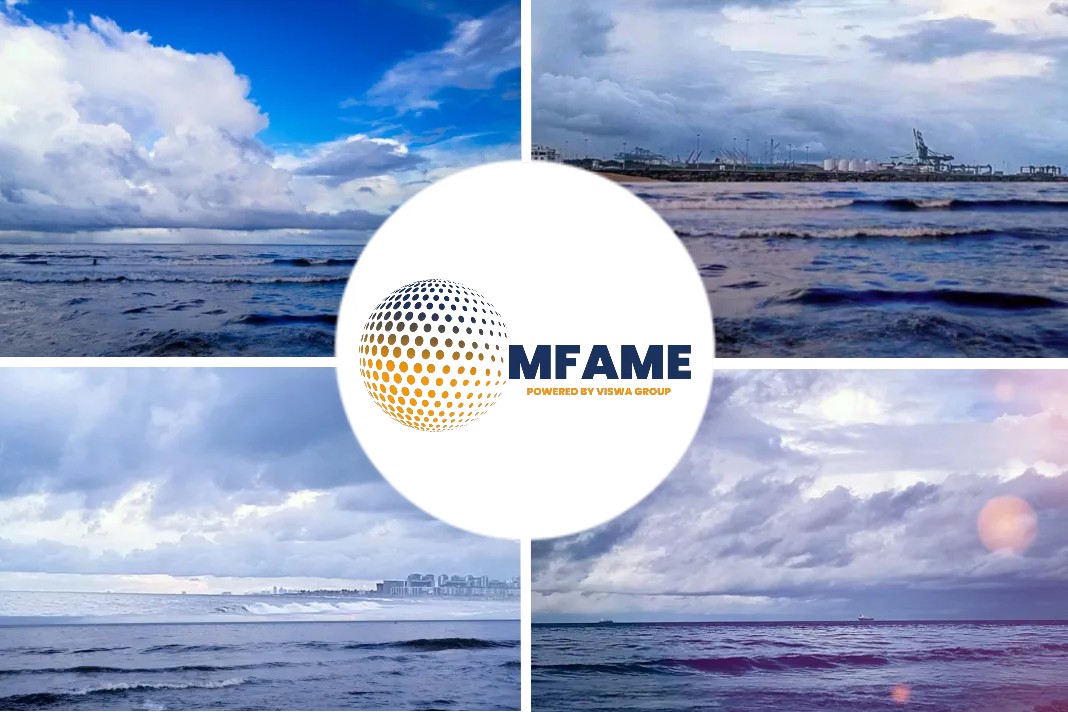
In a major development, Dr Martin Stopford, eminent shipping economist and President of Clarkson Research Services, revealed that he believes, Covid-19 pandemic could prove to be the catalyst which forces shipping to undergo the radical adjustments needed if it is to get anywhere close to the decarbonization and efficiency gains set out by the IMO for 2050, reports Seatrade Maritime News.
What is it?
In a white paper published recently, Stopford wrote that “There has been much discussion of these challenges but practical progress has been patchy and disjointed,”
The paper assesses the impact of the coronavirus on sea trade, shipbuilding and ship technology between now and the middle of the century.
Stopford’s analysis examines three scenarios in a model that he has developed and enhanced since the downturn of the 1980s.
The outcomes range from uncomfortable to dire, particularly as they coincide with shipping’s requirement to embrace the accelerating Industry 4.0 digital revolution and the need to adopt new fuels that are not yet available, never mind tried and tested.
The Probable Scenarios
- The most favourable outcome, Scenario 1, is that global trade follows the pattern of the global pandemic in China. After difficult years in 2020 and 2021, maritime trade returns to normal, growing at an average of 3.2% a year from 2022 to 2050.
- The worst outlook, Scenario 3, envisages persistent problems, a deep economic recession, and a 15% fall in seaborne trade by 2024, followed by annual growth of just 0.7% annually over the next three decades.
All three scenarios present shipyards with a sharp downturn in new business over the next two or three years, Stopford predicted.
“We know we cannot predict the future,” he wrote. “But we can prepare for changes that are clearly ‘on the cards’. Not preparing can be riskier and more expensive than the ‘safe’ option of doing nothing.”
Read the full paper here.
Did you subscribe to our daily newsletter?
It’s Free! Click here to Subscribe!
Source: Seatrade Maritime News














